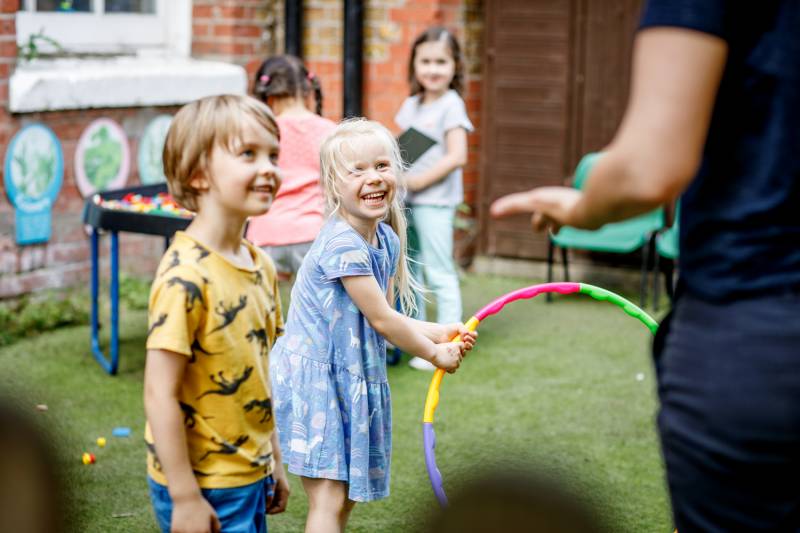
Coronavirus – sources of advice and support Helping children and young people with coronavirus anxiety (Collated by CAMHS) Islington advice for parents Helping children with bereavement and death Mental Health and wellbeing Yerbury recognises that all children need the foundation of positive mental…
|
Coronavirus – sources of advice and support Helping children and young people with coronavirus anxiety (Collated by CAMHS) |
Mental Health and wellbeing
Yerbury recognises that all children need the foundation of positive mental health, and knowledge of coping strategies to benefit fully from all of the opportunities available to them. Everyone experiences life challenges that can make us vulnerable. At times, anyone may need additional support to maintain or develop good mental health. Data suggests that:
- 1 in 10 children and young people aged 1 – 15 years have a clinically recognisable mental disorder in any one year;
- 1 in 4 adults will experience mental health difficulties; at least half of these difficulties can be traced back to childhood.
The mental health of children will impact on all areas of development, learning, achievement and experiences. All children have the right to be educated in an environment that supports and promotes positive mental health for everybody. We recognise these needs, and rights and are committed to raising awareness, increasing understanding, and ensuring we make a difference by providing a place where all our children feel secure and able to achieve and experience success and wellbeing.
A key aspect of our role in school is to ensure that children are able to manage times of change and stress, and that they are supported to reach their potential or access help when they need it. We also have a role to ensure that children learn about what they can do to maintain positive mental health, what can affect their mental health, how they can help reduce the stigma surrounding mental health issues, and where they can go if they need help and support. We take the view that positive mental health is everybody’s business and that we all have a role to play.
Teaching about Mental Health
Positive wellbeing is promoted through the curriculum and wider school activities. Personal, Social, Health and Economic (PSHE) Education is a school curriculum subject in England which focuses on developing the knowledge, skills and attributes to keep children and young people healthy and safe and to prepare them for life and work. Through a carefully planned approach to PSHE our pupils are helped to acquire the knowledge and develop the skills and understanding they need to lead confident, healthy, independent lives, and to become resilient, informed and responsible citizens.
In Nursery and Reception PSHE is referred to as personal, social and emotional development. It is concerned with – knowing who you are, where you fit in and feeling good about yourself. It is also about developing respect for others, social skills and positive attitudes to learning.
The concepts covered in PSHE in KS1 and KS2 include: identity, managing feelings and emotions, relationships, change, resilience and being healthy, which includes physical, emotional and social wellbeing.
PSHE introduces children to a wider world, assists pupils to cope with the changes at puberty and manage transitions, and enables them to make an active contribution to their communities.
The specific content of lessons are age appropriate and we use The Islington Primary Scheme of Work to ensure that we teach mental health and emotional wellbeing issues in a safe and sensitive manner.
At Yerbury we:
- help children to understand their emotions and feelings better
- help children feel comfortable sharing any concerns or worries
- help children socially to form and maintain relationships
- promote self esteem and ensure children know that they count
- encourage children to be confident and embrace diversity
- help children to develop emotional resilience and to manage setbacks
All staff take responsibility for identifying a range of possible difficulties including:
- Attendance
- Punctuality
- Relationships
- Approach to learning
- Physical indicators
- Negative behaviour patterns
- Family circumstances
- Recent bereavement
- Health indicators
Staff may also become aware of warning signs which indicate a child is experiencing mental health or emotional wellbeing issues. These warning signs are always taken seriously and staff observing any of these warning signs communicate their concerns with the designated child protection and safeguarding officer.
Possible warning signs include:
- Changes in eating / sleeping habits
- Becoming socially withdrawn
- Changes in activity and mood
- Talking or joking about self-harm or suicide
- Expressing feelings of failure, uselessness or loss of hope
- Repeated physical pain or nausea with no evident cause
- An increase in lateness or absenteeism
We offer different levels of support:
Universal Support – to meet the needs of all our pupils through our overall ethos and our wider curriculum. In Nursery and Reception children learn through play and focussed activities about empathy, managing feeling and social skills. In Years 1- 6 we have an approach called “Getting back To Green.”
Additional support – for those who may have short term needs and those who may have been made vulnerable by life experiences such as bereavement.
Targeted support – for pupils who need more differentiated support and resources or specific targeted interventions such as music or drama therapy.
We use activities on www.gonoodle.com (Scroll down to “FLOW”) which you might find useful at home. – previous link plus sheets
Also linked here is a script for progressive muscle relaxation which some children might respond well to.
